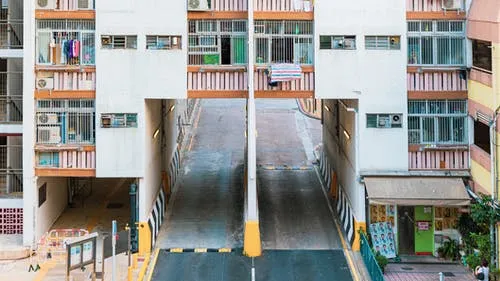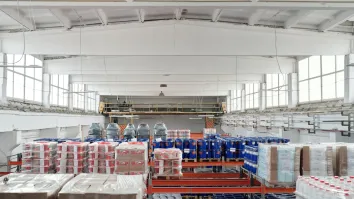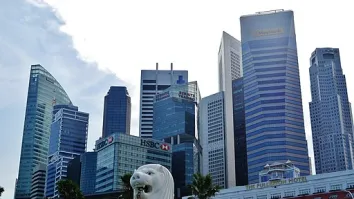
How tariff uncertainties will impact Hong Kong home prices
There is still a significant amount of unsold inventory.
The Hong Kong residential market is currently influenced by several factors, including interest rates, the number of unsold units, and the ongoing Sino-US tariff situation. With a significant amount of unsold inventory, Knight Frank said developers continue to destock by offering competitive prices, which is putting pressure on home prices.
The gradual easing of the high-interest environment in Hong Kong is making the residential market more appealing to both end-users and investors, according to Martin Wong, Knight Frank’s Senior Director and Head of Research & Consultancy, Greater China. The one-month Hong Kong Interbank Offered Rate (HIBOR) has reached a three-and-a-half-year low, reducing the impact of high-interest rates on property transactions.
“Despite this positive shift, around 17,500 first-hand stocks remain unsold, with an additional 30,280 new units expected in the coming 18 months. Buyer interest is predominantly directed toward new developments, while second-hand property prices may experience short-term pressure,” Wong said.
Here’s more from Knight Frank:
Uncertainties surrounding U.S. tariffs and actual cuts in mortgage rates could stabilise Hong Kong home prices. Since the Rating and Valuation Department's home price index primarily reflects transactions in the second-hand market, mass residential home prices are projected to drop up to 3% this year. With mortgage rates now falling below 3%, borrowing costs have decreased, potentially attracting more investors. Additionally, mass residential rents are expected to increase by 3-5%, driven by demand from overseas professionals and non-local students.
For 2025 to 2026, land sale revenue is forecast to reach between HK$7 billion and HK$9 billion. Meanwhile, land premiums paid for private development are expected to rebound to between HK$8 billion and HK$10 billion.



















 Advertise
Advertise






